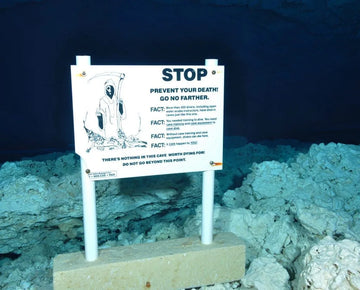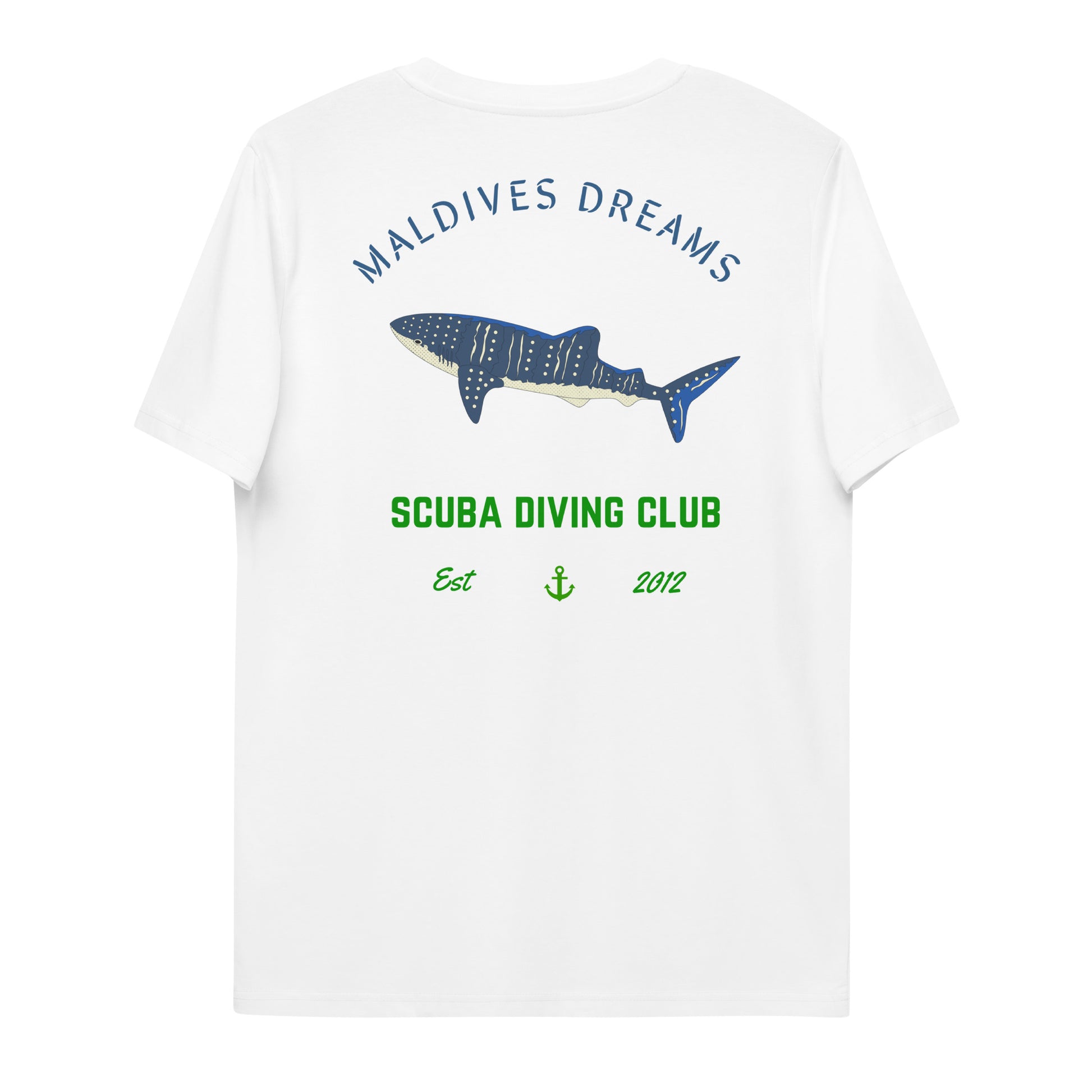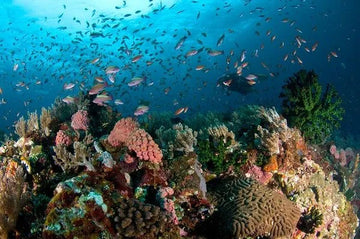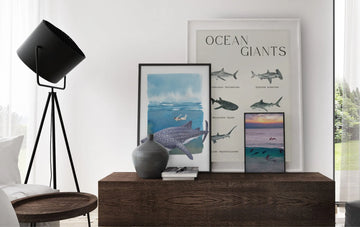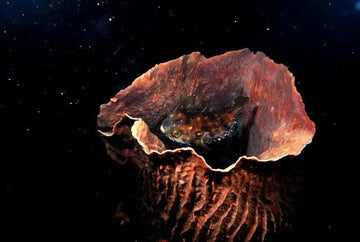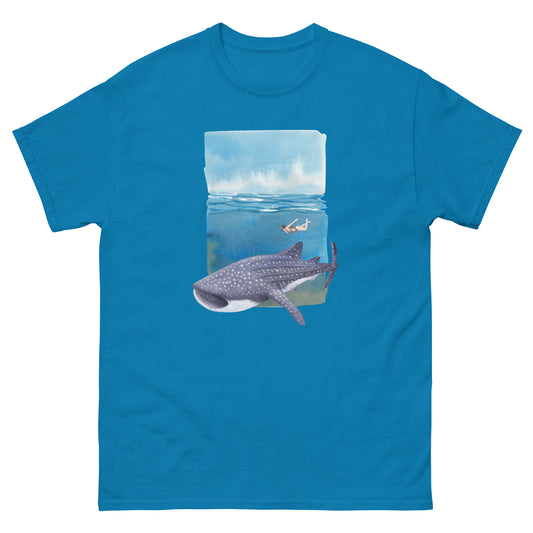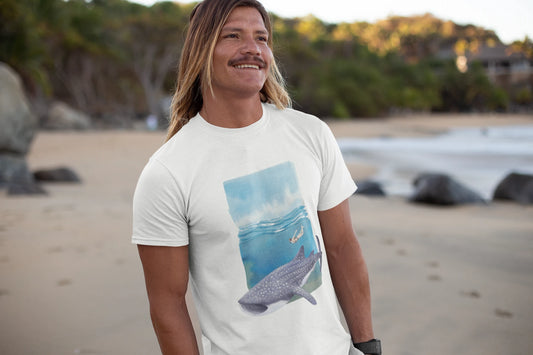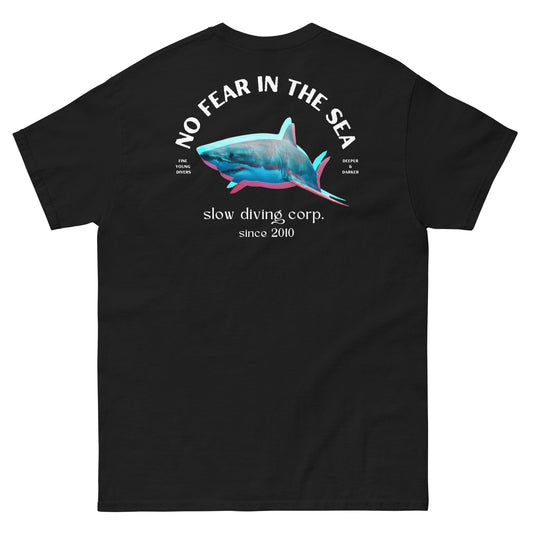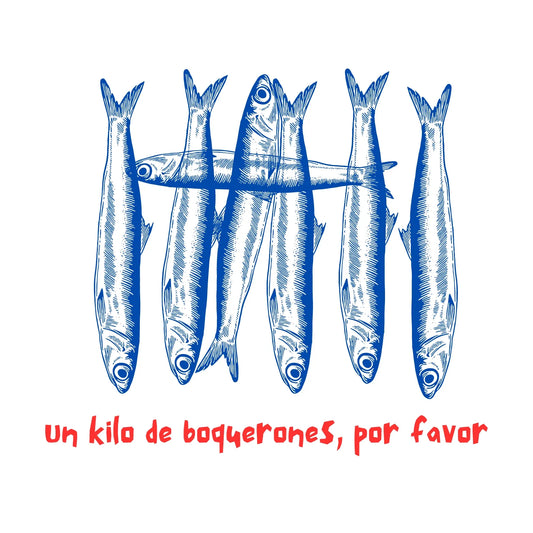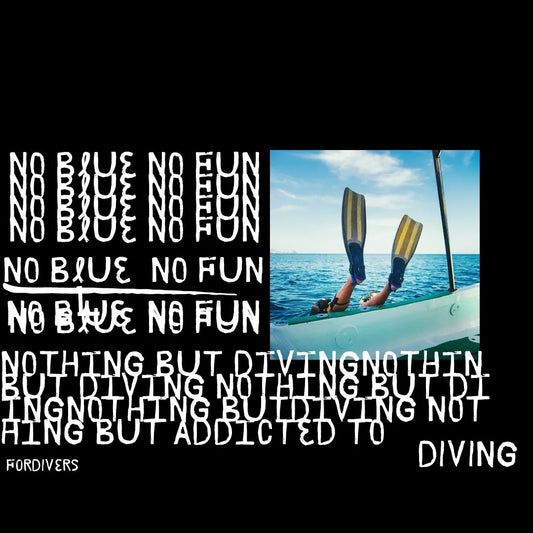If you dive, you have probably been asked more than once if scuba diving it is as dangerous as it seems. It is also common, especially in the summer, to read about accidents and even deaths of divers. Even the most experienced and talented divers have had a really bad experience that could have cost them their lives. Among divers themselves, there are some who think that diving is a dangerous sport and others who think that it is a relatively low risk sport. It is true that there seems to be no consensus.
Like any sport or activity, whether it's running, horse riding, cooking or playing with the kids in the park, diving is as dangerous as you want it to be. What's more dangerous, diving in a cave or diving to 15 meters in a quiet Mediterranean bay? It depends. Mostly on the diver, his conditions and his preparation. If we follow the guidelines we have been taught and the adaptations for the type of diving we are doing, diving is not a dangerous sport at all.
If you follow each of these 10 recreational diving safety guidelines correctly, you will see that recreational diving is not dangerous at all:
T-shirts designed by divers for divers
VIEW MORE T-SHIRTS FOR DIVERS
1. Dive where you are supposed to dive
Unless you have special training to dive in caves or wrecks, keep your dives in open water. This means I only dive where my certification says I can dive.
2. Siempre bucea dentro de los límites de tu formación y experiencia
All divers must learn, train and improve with every dive, every conversation with fellow divers. It is our training and experience that sets our limits. When I am about to try something new, such as my first drift dive, first night dive or wreck penetration, I should always go with a professional guide or other experienced divers who know the dive site, know how to dive in those conditions and know the environment in which I am about to dive.
3. Stay healthy and fit
A significant proportion of diving accidents, especially those that are fatal, are caused by a health problem rather than an equipment or diving error. The most common is heart failure. Maintaining good health will greatly reduce the risks of diving.
4. Be an active diver
Divers who dive often are the ones who remember and follow training and safety rules. If you have been away from diving for 6 months, a year or even longer, it is important to take a refresher course in the basics of diving safety before you put your regulator back on in open water. Spend at least some time in the pool to remember how the equipment works and the aspects of buoyancy. It wouldn't hurt to read your dive computer manual again.
5. Dive only with quality equipment
The best option is always to have your own diving equipment and to maintain it properly. It is true that there are dive centres that have excellent quality and well maintained equipment for rent... but most of the time you don't know what the equipment is like until you get there, so you won't have many options and your own equipment will be too far away. Rinse your dive gear well after each dive and store each item correctly so that your next dive is safer.

6. Plan the dive, dive the plan
Planning and executing each dive according to that plan greatly reduces the risk on each dive. If you can plan your dives with your buddy and follow them conscientiously, you can start to think you know how to dive.
7. Never dive alone
We have all met divers who dive alone and are even trained to do so. There are many who believe that it is better to dive alone than in bad company. But having a competent buddy is always much safer for many reasons, mainly because of the redundancy of equipment, extra air and having someone on hand to help you in any tricky situation. Of course, having a buddy on your back at 20 meters is almost the same as diving alone. It is very important to stay close so that you can help or be helped quickly if necessary.

Hoodies Designed for the Deck of Your Liveaboard
SEE MORE SWEATSHIRTS FOR DIVERS8. Always carry out buddy check
Yes, it's a pain, you can't wait to get in the water and there are even some divers who don't want to touch a stranger's equipment... it's only two minutes! It's only two minutes! Check that your buddy has air, that the octopus is working (if you run out of air it will be the one to give it to you), that the weight belt is on correctly and can be removed without any problem, that the tank is open and well positioned, that we know each other and will use the same diving signals to communicate... in short, that we are ready to enter the water safely.
Performing a good buddy check will minimise small difficulties that may jeopardise a dive and that can be easily and quickly corrected before jumping into the water.
9. Follow no-decompression limits
We have all learnt to calculate our no-decompression limits, and we always dive with a computer to help us stay within them. When the computer tells us that we are close to decompression and that it is time to go shallower, listen to it. Listen to your dive computer, when it warns you, you have to listen to it: don't go into deco or ascend too fast, that's what it likes the least.
10. Don't feed the animals
Sea creatures are very peaceful and it is almost impossible to have a serious problem with one of them... but those dangers increase if we decide to feed a turtle, grouper, moray eel or shark. Altering the natural behaviour of any creature is a bad idea.
By following these 10 rules we can say that diving is a safe sport, not dangerous at all. But if you dive in poor physical condition, without proper training, without planning, with faulty equipment, alone and out of your limits, yes, it is a highly dangerous activity.
So you know, train your diving skills, keep your equipment in good condition, plan and execute your dives within your personal limits and you will see that diving is safe, fun and an absolute privilege.

